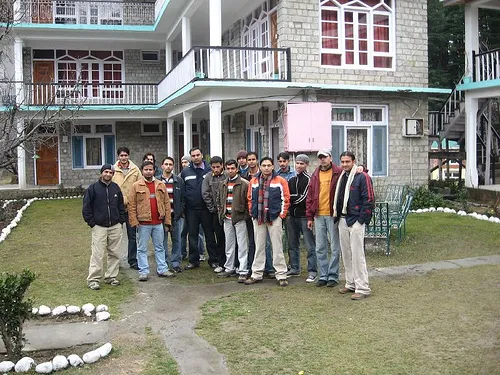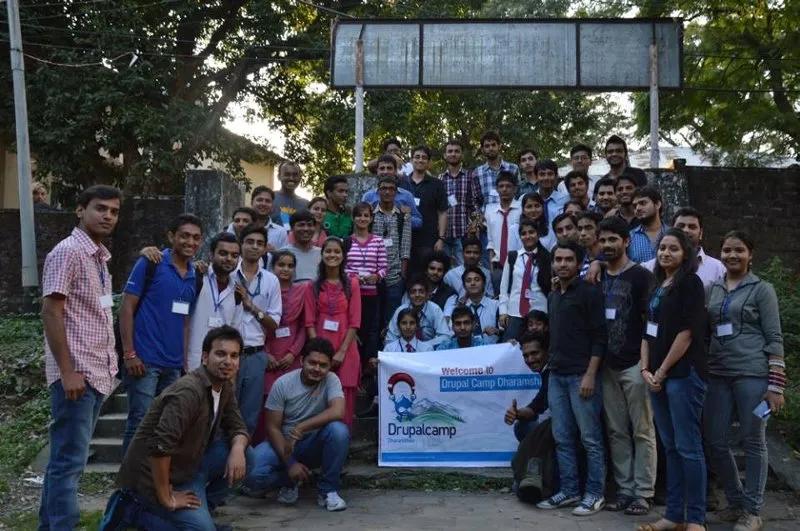Building a venture outside a startup hub
“There's nothing happening here. We need to move to Bangalore or any of the startup hubs,” lament many entrepreneurs who are based outside popular startup hubs in India. Bangalore undoubtedly holds the number one spot followed by NCR, Mumbai, Chennai, Pune and Hyderabad. We're seeing a rise in the number of startups from tier-2 and tier -3 cities as well, like this entrepreneur from Aurangabad or Narendra who is setting up a data center in Indore. Examples are aplenty and these are mostly local folks doing some great work from their city.
We spoke to a few entrepreneurs and tried looking at the situation from their perspective. Ankit Maheshwari, founder of Betaout, belongs to Delhi, but his previous startup, Instamedia, was based in Shimla with a team of 40 employees. Instamedia was bought over by a Dubai-based media firm and Ankit has now moved back to NCR.

“With Instamedia, I was looking for a base and was researching various options. I considered various off-beat locations despite popular perceptions,” says Ankit. The most important thing while considering a base is what sector you are playing in. If your clients are outside the country or you're building a product, you can afford to be out of the startup hubs. “One advantage is that you can hire well in cities like Shimla where local talent is available. Out of 100 people in an engineering college, you'll surely find five who fit the bill. Training is easier and the employees are also happy because they get to stay home,” says Ankit.
Another entrepreneur is Varun Singh from Himachal Pradesh. He built a services company of 35 people in Dharamsala along with Krishnan, who is an experienced professional from Bangalore. “We've managed to hire local talent and bring them up to speed with global standards,” says Varun about their team.

Talking of the more exotic locations, companies like Beard Design and Powerstores have built thriving businesses in Goa. Talented people have joined these companies for two reasons -- the kind of work they're doing and the location. These are cases of natural selection where you'll find a set of people getting attracted to your company -- all you need to do is good work and the location is an added advantage. With changing dynamics of how people work, we'll see more and more such ‘buddy-ventures’ coming up in exotic locations.
But along with the advantages there certainly are a few setbacks to consider. You have limited networking opportunities, besides clients and VCs always want to see you in a startup hub. “When we were raising funds, the VCs were always concerned about us not having an office in Delhi or Bangalore,” says Ankit. Clients also want to see you in major cities for assurance, and infrastructure can be a deterrent sometimes. To tackle these issues, make sure you check the following things about the city in India where you intend to build a venture:
- STPI (Software Technology Parks of India) around
- See if there is an airport nearby, you should be accessible in less than 24 hours
- Check for local colleges for recruitment in the future
- Check infrastructure (live for a month before moving for good)
Pros Cons
A better lifestyle Networking
Away from the buzz Client meetings
Cheaper work force VCs prefer presence in a metro
Natural selection of the team Infrastructure
Tell us bout your experiences in the comments section.







